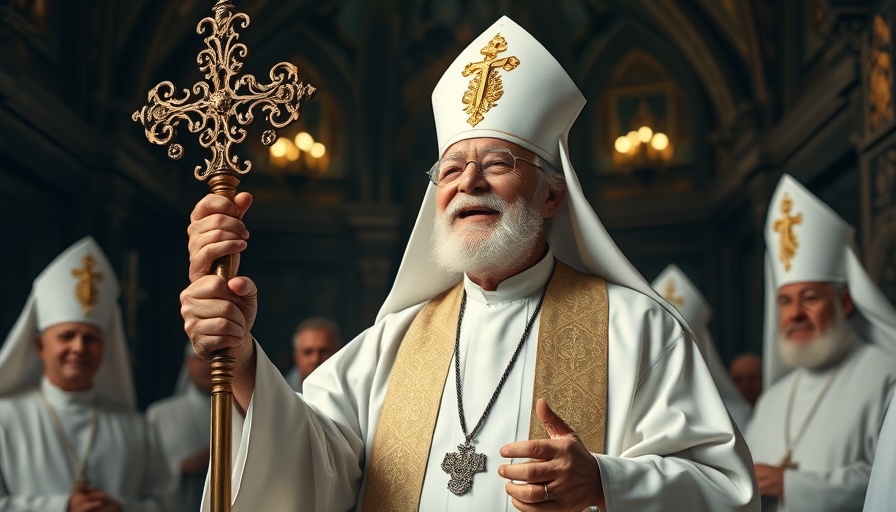
Pope Francis: A Legacy of Reform and Modernization
Pope Francis, who shaped modern Catholicism as its 266th pope from 2013 until 2025, passed away at the age of 88, leaving behind a legacy defined by reformative ideas and a compassionate approach. Known for his emphasis on social justice, humility, and inclusivity, Francis transformed the papal office significantly, making strides that resonated with a diverse global audience. He tackled hot-button issues like poverty, inequality, and climate change while addressing the need for modernization within the Church. His reforms sought to reconnect the Catholic Church with its parishioners around the world and adapt its teachings to contemporary social realities.
Historical Context: The Shift Toward Modernity
The papacy of Pope Francis came at a time when the Catholic Church faced declining membership, particularly in the Western world. With secular views on the rise, Francis recognized an urgent need for the Church to reconcile its teachings with the evolving values of society. His predecessors had largely maintained traditional stances, but Francis embraced fresh perspectives, advocating for a Church that prioritized love, compassion, and dialogue. This shift was not without challenges, as he frequently encountered resistance from more conservative factions within the Church.
Inclusive Leadership: Bridging Divides
Central to Francis's papacy was his steadfast commitment to inclusivity. He welcomed all individuals regardless of sexual orientation or social status, famously stating, “Who am I to judge?” This approach not only contributed to discussions on LGBTQ+ rights but also fostered a more welcoming environment for different communities. By emphasizing unity rather than division, Francis paved the way for a diverse representation within church roles, effectively nurturing a sense of belonging among the faithful.
Climate Change Advocacy: A Global Call to Action
Another critical aspect of Pope Francis's legacy was his environmental stance. Through the 2015 encyclical, “Laudato Si’,” he urged both people and leaders to address climate change and promote sustainable living. This document called for action against environmental degradation, rallying faith leaders, scientists, and political authorities around a common cause. His encyclical sparked global conversations on ecological responsibility, aligning faith with environmental activism.
Social Justice: Championing the Marginalized
Francis's work also focused on lifting the voices of marginalized communities, including refugees and the poor. His papacy was marked by a clear message of compassion, advocating for systemic changes to address social inequalities. He frequently spotlighted issues concerning the plight of migrants, urging countries to adopt more humane immigration policies. Through synodical processes, he fostered discussions that sought to include voices from diverse backgrounds in decision-making within the Church, effectively pushing the envelope on inclusivity.
A Vision for the Future: Continuing His Work
As the story of Pope Francis concludes, the roadmap he laid out for the future of the Catholic Church remains critical. The foundations he built upon—fostering dialogue, inclusivity, and action against social injustices—are more relevant than ever. The challenge for Church leaders going forward will be to adhere to these tenets, continuing to adapt and engage with a changing world.
In mourning his passing, the world reflects not only on the man but also on the paradigm shift he initiated in modern Catholicism. Pope Francis’s embodiment of humility, compassion, and courage serves as an enduring reminder of the Church's ongoing mission of service and leadership in a complex world.
As discussions begin around potential successors, the question looms: Will they sustain and expand upon Francis's vision, or revert to traditionalist approaches?
 Add Row
Add Row  Add
Add 



Write A Comment